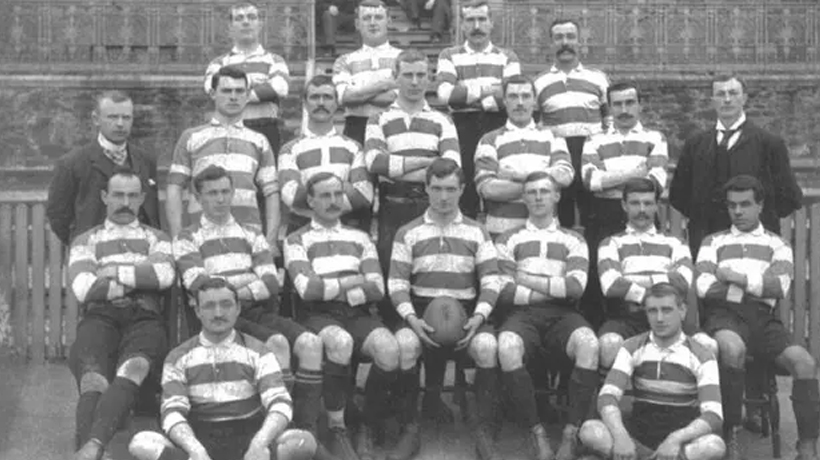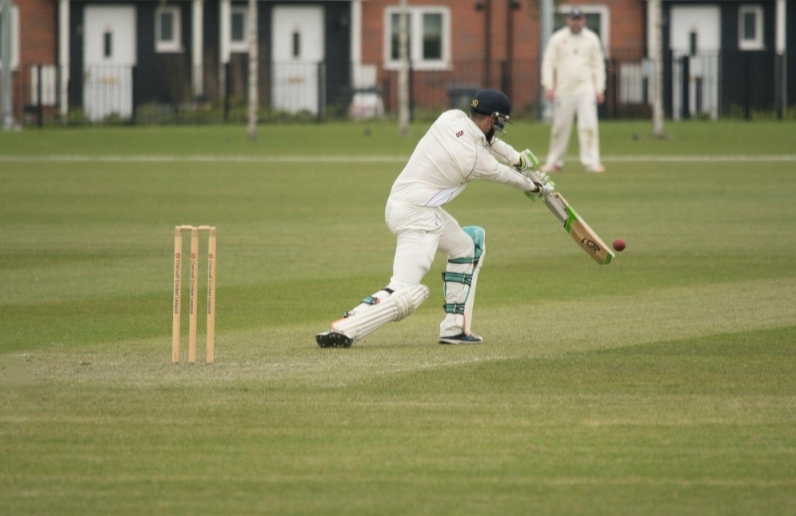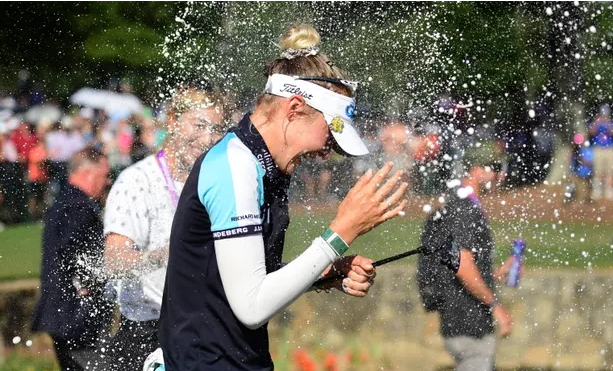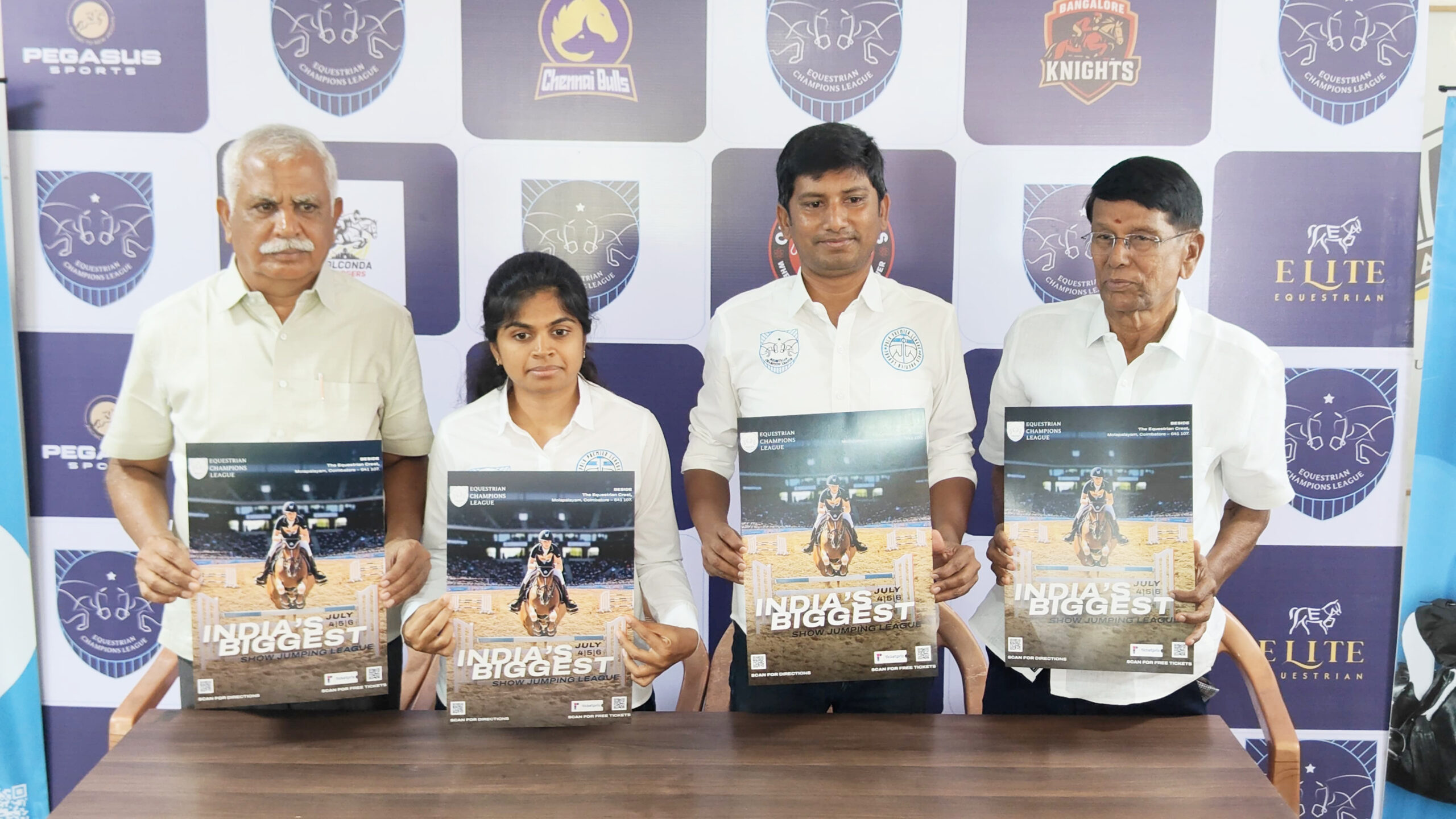Trending Now
- “If Edappadi Palaniswami permits, a thousand young members from the Virudhunagar district AIADMK are prepared to take up arms and engage in battle under my command.” – Former AIADMK Minister Rajendra Balaji
- “India is ready to deal with any counter-attack by Pakistan” – Wing Commander Vyomika Singh
- Central govt orders extension of CBI Director Praveen Sood’s tenure for another year
Sports
Jimmy Peters: race pioneer of English rugby who emerged from the circus
![]() December 26, 2018
December 26, 2018
century later the truth of exactly what happened to Jimmy Peters is just out of reach. One can find little scraps of it, titbits, facts and hints. In the last few years different writers, historians and academics have tried to stitch it all together but the story is thin and full of holes no one thought to fill in until it was too late. We know Peters was good, as any man who plays for England must be, and we can guess that he was better than that, because of what he had to overcome. For 117 years, right up until 1988, Peters, who played in 1906, 1907 and 1908, was the only black man who ever played rugby union for England.
The census records show Peters had a West Indian father and an English mother and that he was born in Salford in 1879. But most of what is known about his early years comes from a newsletter published by the orphanage where he spent his teenage years. The story, as it is set down there, is that his parents worked in a travelling circus, where his father met with what is described as “a shocking death in a lion’s cage”. This is a line one cannot read without wanting to know more. But nobody does because there are no precise dates and circus performers seldom used their real names.
After that Jimmy’s mother passed him on to another circus troupe, where he was trained up to be a bareback horserider. When he broke an arm he was passed on again, from one home to another, until he finally fetched up in James Fegan’s orphanage in Greenwich. “He seems constructed differently to other human beings,” wrote Fegan, “all joints and springs inside – resilient as india-rubber in some parts, hard as ebony (and nearly as black) in others.” He was the orphanage’s “champion athlete”, their fastest runner, longest thrower, cricket and rugby captain.
Peters grew up to be a carpenter. He settled in Bristol, where he played fly-half for Dings, Knowle and then Bristol FC. One of the club’s committee men resigned in protest when he was picked. A local paper described him as a “palid blackamoor”, and complained he was “keeping a white man out of the side”. Peters moved south to Plymouth, where he joined Plymouth Albion and played his way into the Devon County side. Peters was the star turn in the Devon team who won the county championship in 1906 and the papers started to push the RFU to pick him for England.
“One can hardly refrain from referring to the great form displayed by Jago and Peters,” reported the Western Times after Peters’ Devon beat the Midlands. “They stood out in strong contrast to the other pair of halves, and the opinion was expressed all round that they ought to play together for England next Saturday. The powers that be, however, have decided otherwise. Colour is the difficulty. Peters is sacrificed. Pity for the chances of English success.” Jago was picked, along with five other members of the Devon side – but not Peters.
The Plymouth Football Herald put it down to “racial convention”, the Yorkshire Post explained his “selection was not popular on racial grounds”. England lost that match and the next but Devon won again. They beat Durham in the championship final on 12 March, 16-3. Peters played superbly. And the England selectors finally gave in. He was picked to play against Scotland at Inverleith. His “dazzling passing” set up two tries in that match and he scored one himself in their next, against France. England won both. Despite that, and even though he was fit and in form, Peters was dropped from the team for England’s next match, which was against South Africa in autumn.
That game, the one Peters did not play, came to be one of the defining moments of his career. The story was that during Devon’s tour match against South Africa earlier in the season the Springboks would not leave their dressing room, because they refused to share the pitch with a black player. Whether it really happened like that is not clear but it is true Peters was not selected for either of England’s two trial matches before the Test and that the rugby correspondent EHD Sewell put that down to the fact “South Africa preferred not to play against a coloured man”.
Peters did play three more Tests, against Ireland and Scotland the following spring, and Wales the year after. And if he was under-appreciated by the RFU, they loved him down in Plymouth, where the Football Herald picked him as “man of the year” in 1907, though given the way they phrased their praise, it might not have been a prize he wanted. “Although not of our complexion Peters may accept the compliment that we regard him as a ‘white man’ in a land where to be regarded as a ‘white man’ confers a dignity to which a great many white men do not attain.”
Peters’ career was cut short when he lost three fingers on his left hand while he was working a steam-planing machine. Albion threw him a testimonial match, which compromised his amateur status. So after that he moved into professional sport. He drifted into rugby league, at Barrow and then St Helens, and out of the public eye.
When he died in 1954 his life got five lines in the Times and none at all in the Guardian. All these years later we can, at least, put that much right for him.
























